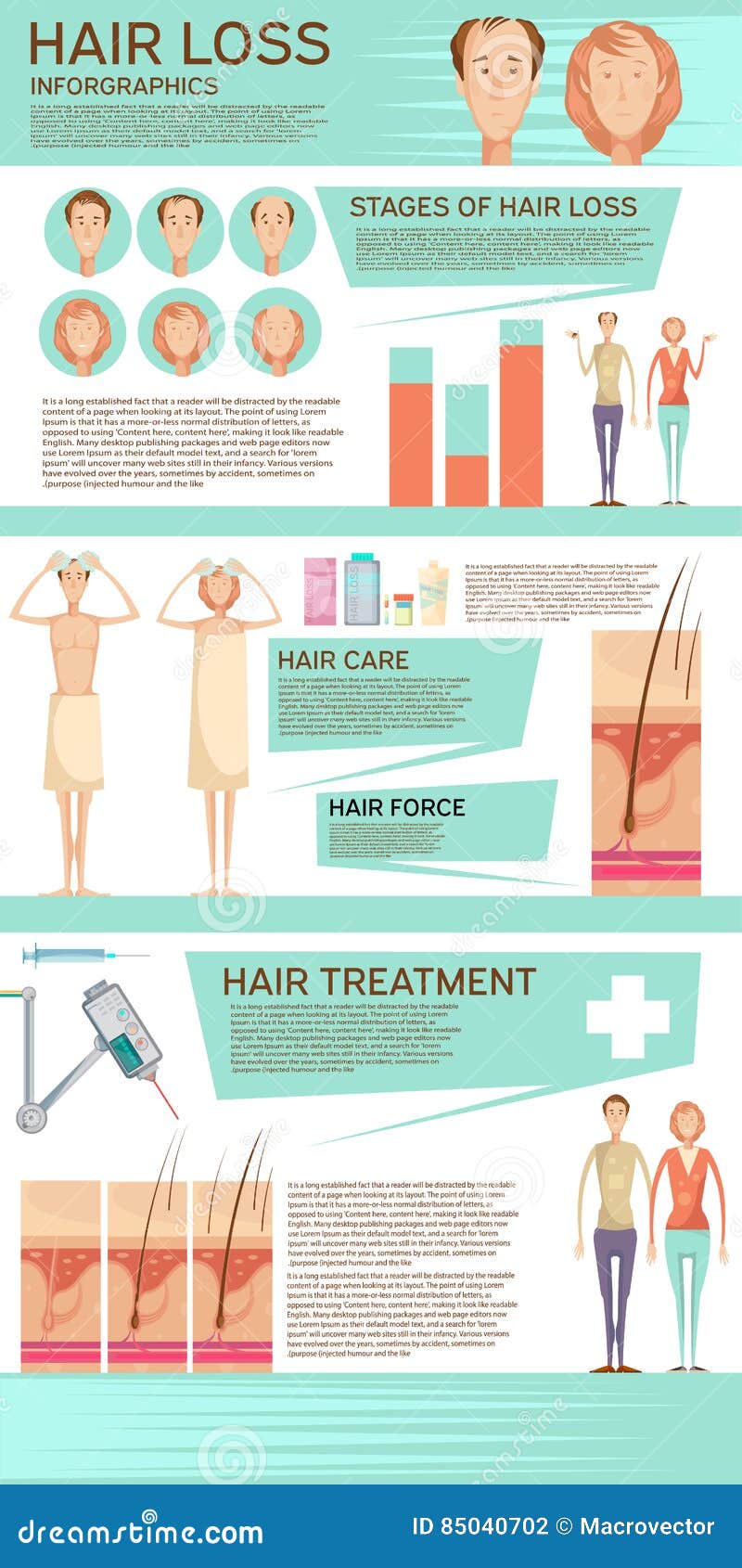Myths And Facts Concerning Acne: Debunking Common Misconceptions
Myths And Facts Concerning Acne: Debunking Common Misconceptions
Blog Article
Posted By-Joyner Cameron
You may assume that delighting in chocolate or greasy foods is the source of your acne, but that's just one of several misconceptions swirling around this typical skin condition. As a matter of fact, acne primarily comes from clogged hair follicles, not your last treat. Misconceptions like these can lead you to adopt ineffective skin care practices that may also intensify your scenario. As you navigate the realities behind acne, you'll discover insights that might transform your method to skincare and help you achieve clearer skin. So, what truly exists below the surface?
Common Myths About Acne
When it involves acne, many people count on common misconceptions that can bring about complication and stress. One widespread myth is that consuming delicious chocolate or greasy foods triggers acne. While diet regimen can influence skin health and wellness, the straight web link in between details foods and acne isn't as well-defined as many assume.
An additional usual misconception is that you need to scrub your face vigorously to clear up outbreaks. Actually, hostile scrubbing can aggravate your skin and worsen acne.
You may also think that acne just influences young adults, but adults can experience it also, often because of hormonal modifications or stress and anxiety. Some individuals assume that tanning can clear acne, yet sun direct exposure can really result in skin damage and get worse outbreaks in the long run.
Last but not least, lots of think that utilizing rough items will certainly get rid of acne quickly. However, these items can remove your skin of its all-natural oils, leading to increased irritability and more outbreaks.
Scientific Facts Behind Acne
Understanding the scientific realities behind acne can encourage you to tackle this typical skin condition better.
Acne happens when hair follicles end up being clogged with oil, dead skin cells, and bacteria. This procedure typically starts with an overproduction of sebum, the oil your skin naturally generates. Hormone modifications, specifically throughout puberty or menstruation, can activate this excess oil.
Microorganisms called Propionibacterium acnes thrive in these clogged pores, bring about swelling. When your immune system reacts, it can cause inflammation and swelling, leading to those troublesome pimples or cysts.
Genes likewise contribute; if your moms and dads had acne, you may be much more susceptible to it.
Diet plan and stress degrees can affect acne also, yet study is still evolving in these areas. While delighting in greasy foods won't directly create outbreaks, a balanced diet regimen can support your skin wellness.
Likewise, managing anxiety can lower hormonal changes that may aggravate acne.
Tips for Taking Care Of Acne
Managing acne properly needs a combination of daily skincare behaviors and way of living changes. Begin by developing a consistent skincare routine. Cleanse your face twice a day with a mild, non-comedogenic cleanser to remove dust and excess oil. Prevent scrubbing also hard, as this can aggravate your skin and aggravate acne.
Next, incorporate items containing salicylic acid or benzoyl peroxide to aid protect against outbreaks. Always follow up with a light-weight, oil-free moisturizer to keep your skin hydrated. Don't fail to remember sunscreen; opt for non-comedogenic choices to shield your skin from UV damage without blocking pores.
Beyond skin care, pay attention to your diet plan. Restriction sugary and greasy foods, and concentrate on fruits, vegetables, and entire grains. Staying hydrated is critical, so beverage a lot of water throughout the day.
In addition, manage anxiety via activities like yoga, meditation, or workout, as tension can set off breakouts.
Finally, avoid choosing or standing out pimples. This can result in scarring and additional inflammation. If linked webpage persists, consult a skin doctor for tailored treatment options.
Verdict
To conclude, it's vital to different truth from fiction when it comes to acne. By disproving common myths, you can better understand your skin and make notified choices for your skin care regimen. So, why continue to count on outdated ideas when the truth can empower you? Welcome healthier habits, focus on mild cleansing, and bear in mind that handling acne is a journey. With the best knowledge, you're one step closer to clearer, much healthier skin.
